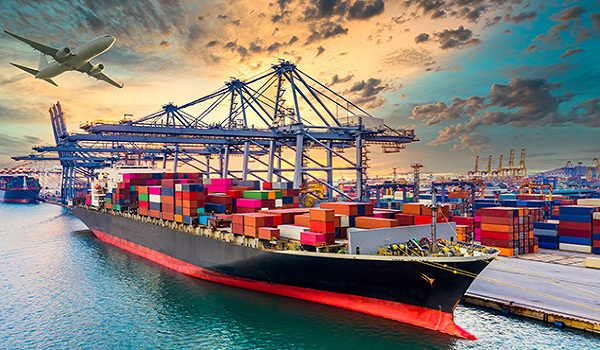Bangladesh’s food processing industry has raised alarms over India’s recent port restrictions, which now limit the import of key products such as processed foods through land routes. Exporters warn that the new measures—perceived as non-tariff barriers—could lead to significant disruptions in regional food trade, increasing costs and delays for Bangladeshi shipments.
As of Sunday, 17 trucks carrying food items bound for Siliguri (West Bengal) were reportedly stranded at the Burimari border due to the sudden policy shift. These changes, introduced by India’s Directorate General of Foreign Trade, allow select Bangladeshi goods—including garments—to enter India only through Nhava Sheva and Kolkata seaports, bypassing traditional land routes via Assam, Meghalaya, Tripura, Mizoram, and West Bengal’s Changrabandha and Fulbari check posts.
Commerce Adviser SK Bashir Uddin of Bangladesh’s interim government stated that while a formal notification is yet to be received, the government has initiated an impact assessment. “We have started a preliminary review to determine appropriate steps. Any arising issues will be addressed through dialogue,” he said, adding that mutual trade interests must be safeguarded.
Industry insiders, especially from the food processing sector, fear that the shift will reduce the competitiveness of Bangladeshi products in the Indian market. The additional transportation time and port handling charges associated with seaports are likely to erode margins for exporters of packaged foods, beverages, and other processed consumables.
While essential commodities like fish, edible oil, LPG, and crushed stones have been exempted, the abrupt curbs on processed food imports via land borders threaten to destabilize supply chains built over the years. With Bangladesh being a key player in regional processed food exports, industry stakeholders are urging both governments to resolve the issue amicably to ensure uninterrupted trade flows.
The food processing sector, already grappling with global logistics challenges, now faces another obstacle that could hinder growth and strain long-standing bilateral trade ties between the two neighbours.


